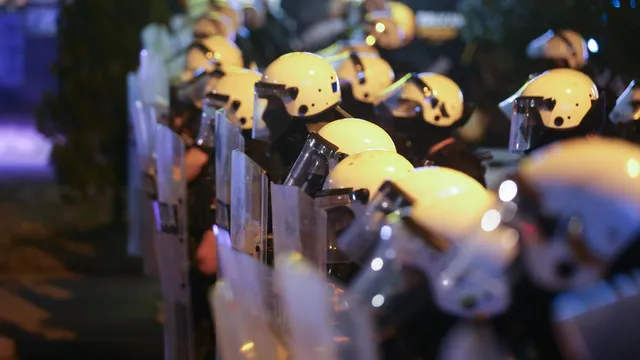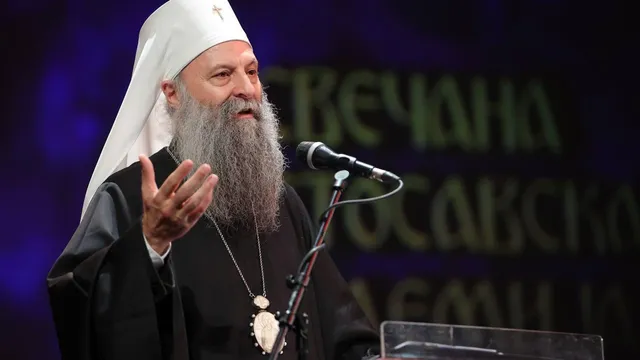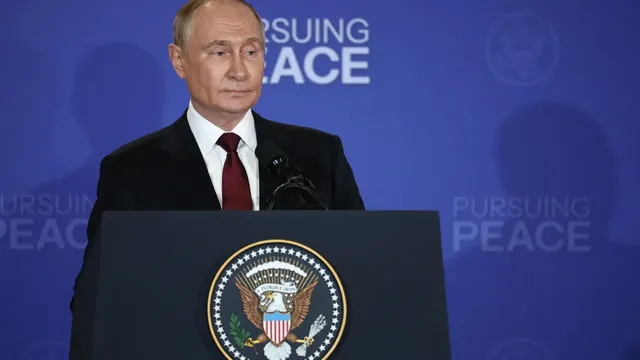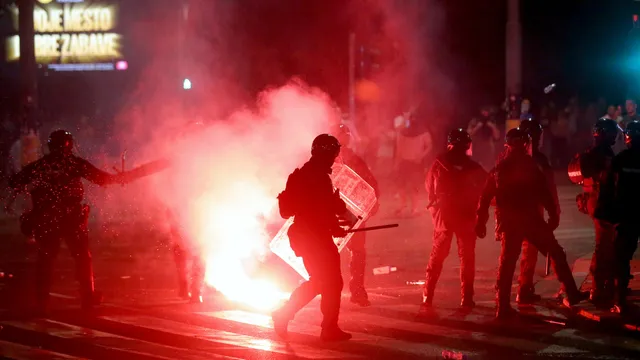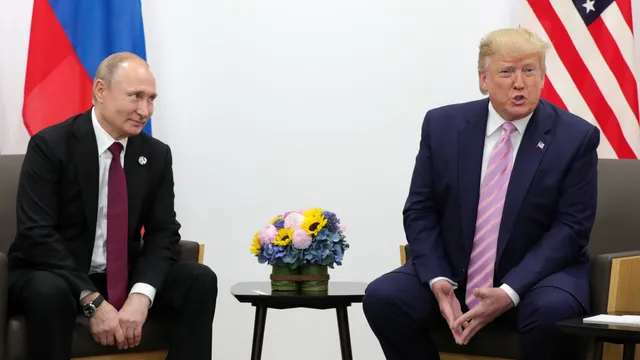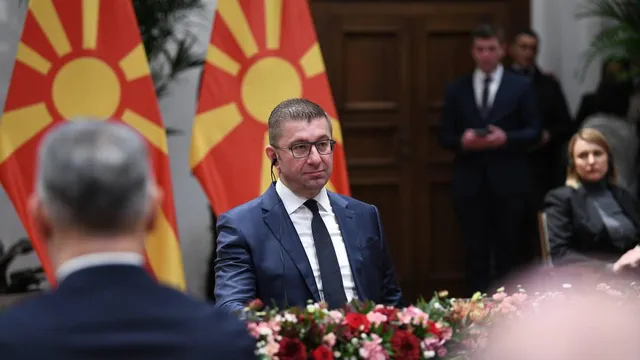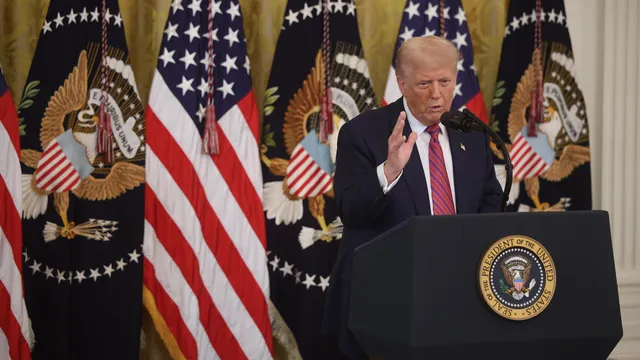I would not make such an extreme statement if I had not heard it on one of the favorite television channels of Serbian President Aleksandar Vučić, for which he is ready to give an interview at any hour of the day.
“Belgrade is Beirut, we have Beirut in Belgrade,” the reporter at the scene – on one of Belgrade’s streets during the civil protests and clashes with the police – shouted hysterically. If Vučić believes this television channel, why shouldn’t I believe it too? Especially since Serbia has literally been poisoned by pro-government media with forecasts that protesting citizens and students want “to provoke a civil war,” that they are “terrorists, fascists, spies, and Ustaše,” and that “the West has spent millions of euros to destroy and destabilize Serbia,” while the events in the country are a typical “example of a color revolution.”
This is why Vučić is writing a book, a textbook from which the entire world will globally learn how to recognize and suppress such events. But for now, there is no time – the events in Serbia are so turbulent and unpredictable that they threaten not only the country itself but also peace and stability throughout the region.
There are no illusions left – Serbia has entered a dramatic crisis and chaos even greater than that of the 1990s. Student discontent has spilled over into civil disobedience as if Serbia has awakened from nearly 14 years of apathy and resignation under Vučić, now seeking some new path, no matter how unattainable and unknown it may seem at this moment.
The time for compromise and negotiation has passed; now the streets and protests are seeking impossible solutions. Serbia is divided, confused, and rebellious, but everyone here is aware that after street battles, repression, police action, arrests, and hatred, a period of sobriety will follow, in which forces will have to measure themselves not at the barricades but at the ballot box.
Vučić, however, does not want early elections now – he seems to believe that everything can return to how it was 10 months ago, before the start of the student protests following the collapse of the canopy at the Novi Sad train station and the absurd death of 16 people, proven to have resulted from corrupt schemes and government negligence. Vučić seems not to understand that he cannot maintain power through police violence, which exerts enormous effort to protect his party offices and is becoming a partisan instrument. On the other hand, the civil and student protests have entered a new phase, in which demonstrators, after accumulated discontent, see in the police the repressive apparatus of the government, intent on handcuffing everyone who opposes it.
Vučić has exhausted all topics and promises, but despite everything, he claims that the state will restore everything destroyed by the demonstrators during the recent unrest, and that all those involved in arson will be punished. The only positive thing, he asserts, is that all masks have fallen, and people have seen that the protesters have nothing to offer.
Tragically, the mask of the regime has also fallen, and nationwide discontent is escalating. The protests are unlikely to stop due to the overtly dramatic scenes of arrests, beatings, excessive use of police force, provocateurs and undercover agents, and threats.
Analysts comment that the behavior of the authorities in Belgrade over the past days, weeks, and months shows patterns of stabilizing autocracy after mass protests, similar to those in Russia, Belarus, Georgia, and, to some extent, Turkey.
It is difficult to predict how the crisis in Serbia will develop. Vučić is adamant that there will be no civil war in Serbia. Options remain for declaring a state of emergency and/or early elections. If the authorities increase the level of violence and police terror, Serbia may face a dangerously heated political autumn.
Vučić now relies on his loyal associates in the party, army, and police, as well as on the so-called “special units Cobra,” and he will likely implement painful and drastic changes in the government and security services.
He also relies on the fact that, as so far, the European Union will not react strongly to what is happening in Serbia, but will rather rebuke it declaratively.
For now, Serbia is trapped in a vicious circle of violence and uncertainty, and unless reason and tolerance prevail, Belgrade could truly become the European Beirut. |BGNES
--------------------------------------------------------
Eli Yurukova, BGNES correspondent in Belgrade.

 Breaking news
Breaking news
 Europe
Europe
 Bulgaria
Bulgaria
